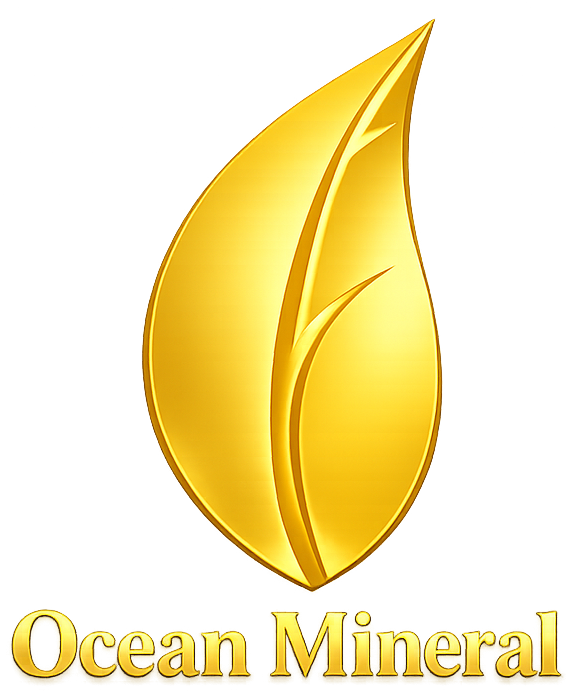Effect of drinking water without salt made from deep sea water in lipid metabolism of rats
Abstract: These results suggest that high magnesium water made from deep sea water may be a useful natural drink to improve lipid metabolism and to prevent of atherosclerosis and coronary artery disease. Read More: Effect of drinking water without salt made from deep sea water in lipid metabolism of rats | IEEE Conference Publication | […]
